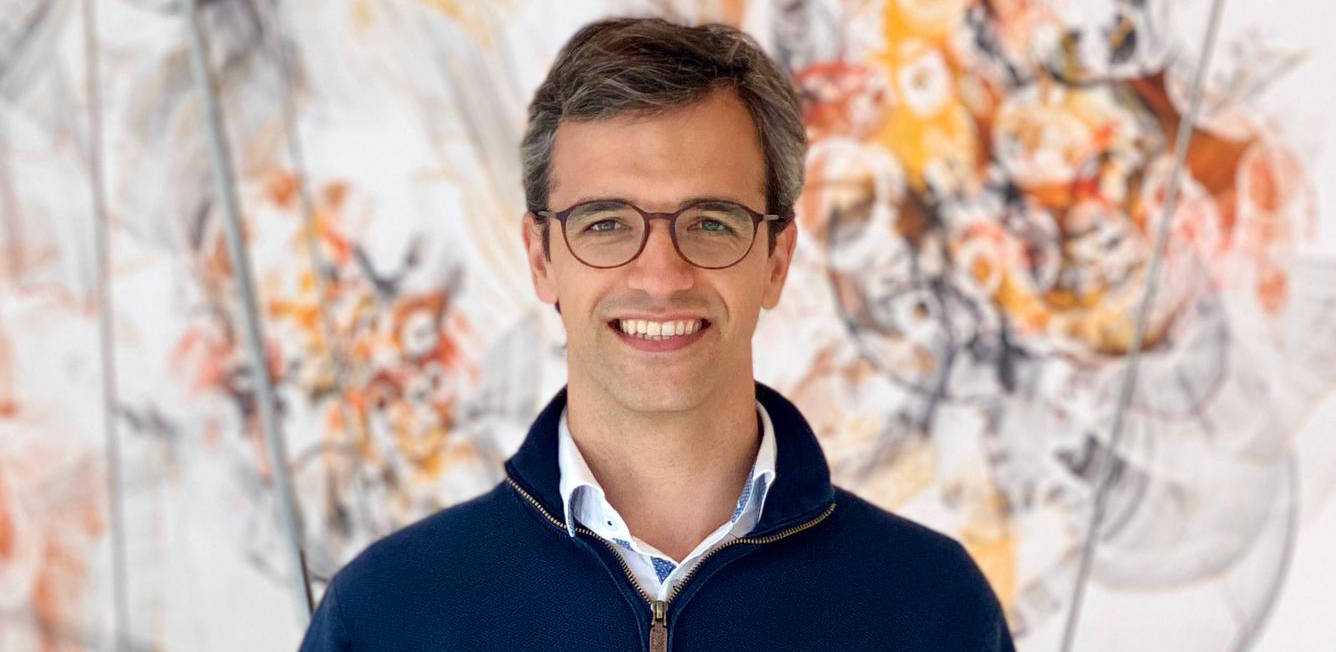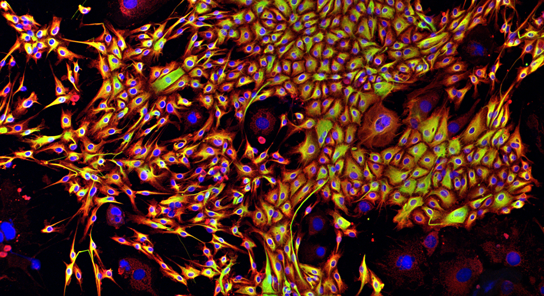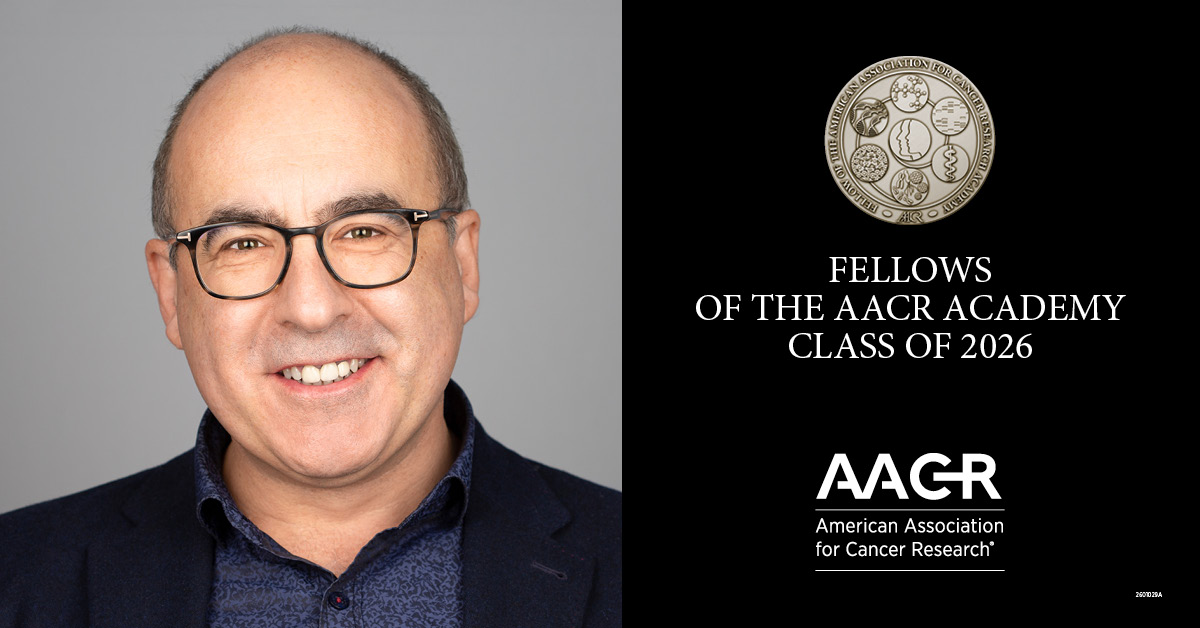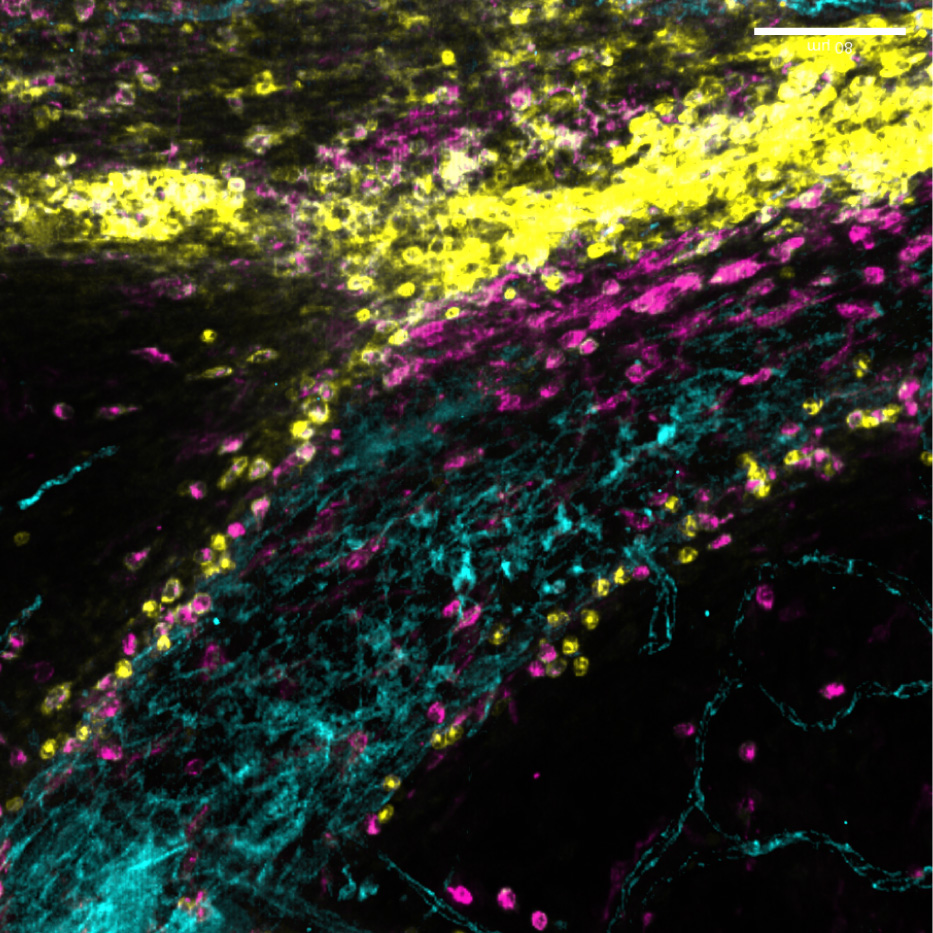Dr Pau Creixell joins Institute as new Group Leader

We are delighted to announce that Dr Pau Creixell has joined the Institute as a new Junior Group Leader, in partnership with the CRUK Cambridge Centre and Children’s Brain Tumour Centre of Excellence.
Dr Pau Creixell studied Human Biology at the Universitat Pompeu Fabra, Barcelona, before moving to Copenhagen to undertake a PhD in Computational Systems Biology at the Technical University of Denmark. After completing his PhD, he obtained a Postdoctoral Fellowship at the Koch Institute for Integrative Cancer Research, MIT, investigating functional sites in protein kinases as targets for cancer mutations and drugs in the laboratory of Prof Michael B. Yaffe.
Pau’s research combines machine learning approaches with high-throughput biochemistry to study how proteins recognise their substrates, how cancer could perturb this process, and how to find highly selective drugs to overcome drug resistance in cancers.
As a Group Leader, his research will focus on protein kinases, a key set of oncogenic drivers in brain tumours. Previous research has focused on targeting the ATP pocket of protein kinases, however, these drugs often must be used in high concentrations to outcompete ATP, have low specificity, and the proteins often develop resistance. By focusing on the substrate binding pocket, Pau’s group hopes to develop high-specificity drugs that avoid the common and well-known mechanisms of drug resistance.
Related News
See all news-

1M to advance AI powered personalised ovarian cancer care
19th February 2026
Researchers from our Brenton Group are part of an international team awarded the Global Ovarian Cancer Research Consortium’s inaugural AI Accelerator Grant.
Find out more -

Professor Sir Steve Jackson elected as a fellow of the American Association for Cancer Research
16th February 2026
Senior Group Leader Sir Steve Jackson has been elected as a Fellow of the American Association for Cancer Research Academy in the Class of 2026.
Find out more -

New immune pathway offers treatment hope for childhood brain tumours
3rd February 2026
A newly discovered immune pathway could lead to gentler treatments for multiple childhood brain cancers, according to new research from our Gilbertson Group published today in Nature Genetics.
Find out more